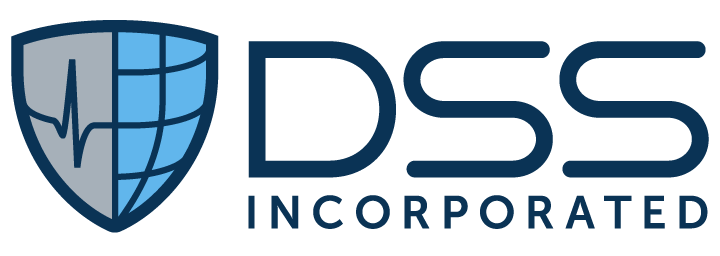The advent of Artificial Intelligence (AI) represents a potentially monumental shift in the history of health care and all human civilization. Will it lead to enhanced work processes and efficiencies that will slash costs and elevate the standard of patient care? Or will it lead to a Darwinian rationing of care and the devaluation of humans versus data?
Read MoreIn this Q&A interview, Meggie Soliman, IGNITE 2024 Winner and Director of Strategic Innovation at DSS, discusses her vision for the future of health IT, and how DSS is at the forefront of digital transformation in federal health.
Read MoreThe CDC estimates 30-50 percent of antibiotics prescribed in hospitals are either inappropriate or unnecessary. In response, three VA medical centers (VACMs) are fighting back with TheraDoc, DSS’s industry leading software decision support tool that provides real-time electronic clinical surveillance for antimicrobial stewardship and infectious disease.
Read MoreAs prime contractor, Miniburn Technology has been awarded a 52 month contract to provide our CMS-qualified Clinical Decision Support Mechanism (qCDSM) radiology solution, RadWise, to the New Orleans VA. This is a major step forward in achieving key initiatives to improve efficiencies and protect Veterans.
Read MoreThis is the sixth in a series of blog posts highlighting DSS’s experience and success stories supporting the VA and improving Veteran care and outcomes.
Document Storage Systems, Inc. (DSS) has a proven track record as the premier integrator of commercial software for the VA. We put this experience to work enabling modern web services that are delivered through the Veterans Health Information Systems and Technology Architecture (VistA), bringing new functionality to the VA and our veterans.
Read MoreThis is fifth in a series of blog posts highlighting DSS’s experience and success stories supporting the VA and improving Veteran care and outcomes.
With a deep legacy in supporting innovation development for the VA, DSS offers something highly unique in this arena: its peoples’ technical expertise to help the VA meet mission and innovation goals.
Read MoreU.S. suicide rates have surged in recent years. The age-adjusted suicide rate is up 24 percent from 1999 – 2014, according to a study released last year by the National Center for Health Statistics. Veterans are more at risk than the general public, facing roughly double the risk as the general population according to data from 2014. For every completed suicide, there are 25 attempts. Combatting this terrible toll on human life and potential is a top priority for the U.S. Dept. of Veterans Affairs (VA). September is National Suicide Prevention month, and VA is determined to do all it can to fight this health crisis.
Read MoreIn an ongoing effort to provide the best patient care, healthcare facilities must stay current with the latest advances in health care technology. One of the fastest growing, and most effective tools in the industry is Direct Messaging. Think of it as “encrypted email” for health care records, allowing health care providers and other trusted users to safely and securely exchange patient information. In a recent article the DirectTrust Organization, a health care industry alliance created by and for participants in the Direct exchange network, demonstrated just how rapidly and expansively Direct Messaging is growing.
Read MoreBetween the 1980s and early 2000s, most of the Veterans Health Information Systems Technology and Architecture’s (VistA) infrastructure and application improvements focused on creating a world-class hospital information system (HIS) for the Department of Veterans Affairs (VA). These initiatives have generated a wealth of interoperable applications unmatched by any other system. VistA has streamlined and eliminated paper-based processes throughout clinical, financial and administrative departments, but it presents many challenges for modern healthcare organizations.
Read More


